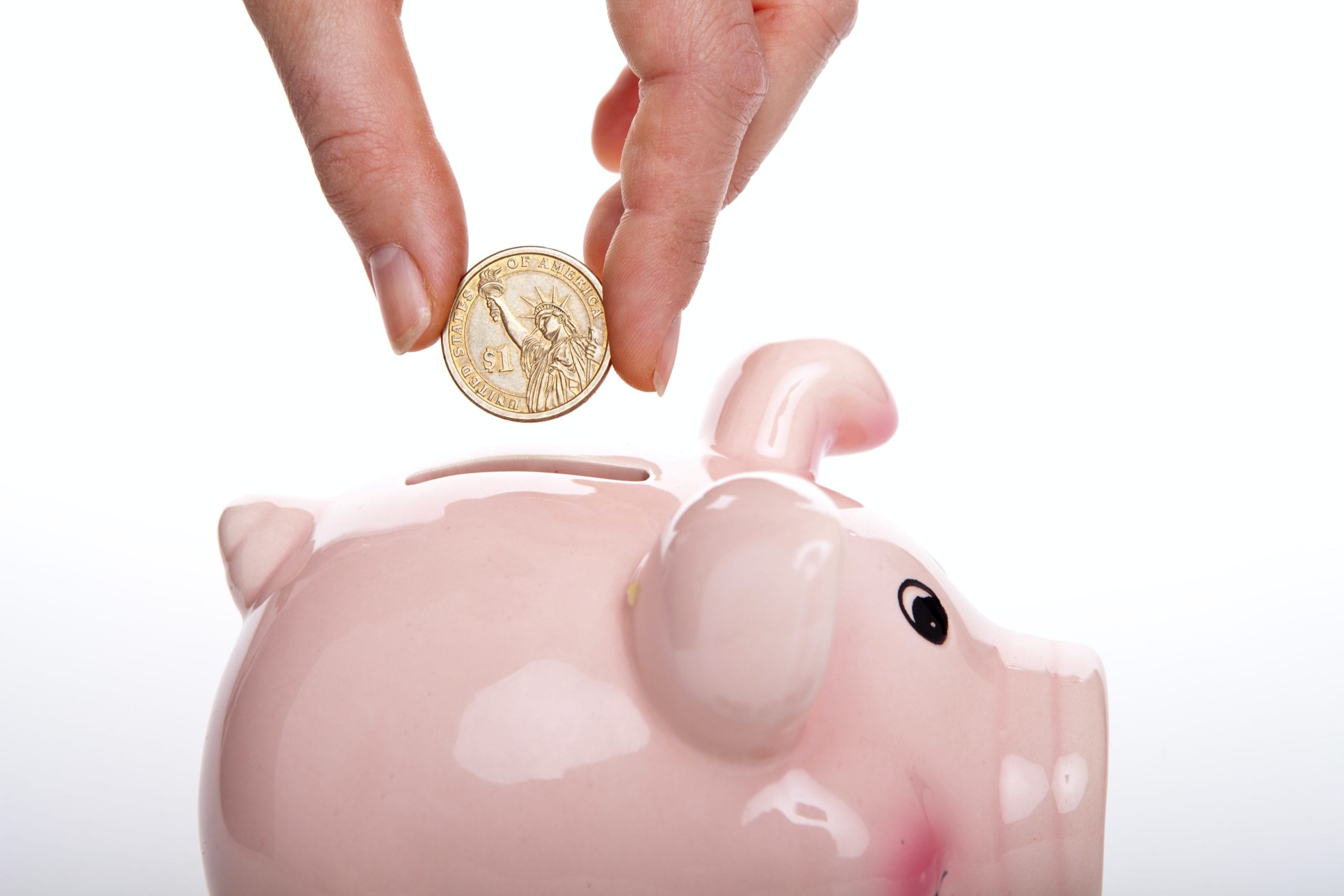Deposits in banks in Reno and Sparks rose dramatically during the past year, but some of the increase may prove to be short-lived.
The 84 banking offices in Reno and Sparks were home to $11.8 billion in deposits on June 30, according to data that banks filed with the Federal Deposit Insurance Corp. That’s a 19.2% increase from the $9.9 billion in deposits a year earlier.
Wells Fargo, with 22 branches in the metro area, reported deposits of $4.6 billion. That represents a 39.7% share of the market, the biggest of any bank in the region.
Bank of America, with 13 offices and $2.2 billion in deposits, held second place with an 18.9% share of the market. The third spot is held by US Bank with 16 offices, $1.18 billion in deposits and a 10% share of the market.
Thirteen other banks with 33 total offices in the area divided up the rest of the market.

The dramatic increase in deposits this year may reflect the effects of the COVID-19 pandemic, says Eugenia Larmore, the president of Ekay Economic Consultants Inc. in Reno.
At the bare minimum, she says business closures during the early days of the pandemic meant consumers had no place to spend their money.
“I’ve heard it referred to as ‘cash to splash,’” Larmore says.
Even as businesses began to reopen, consumers spent far less on vacations, restaurants and other leisure activities and built their savings. Many parked federal stimulus payments and other assistance in the bank.
Larmore notes, too, the sharp rise in deposits reflects the reality that the pandemic hit lower-income workers much harder than their high-income neighbors.
Workers in hotels, restaurants and retail stores were likely to have lost their jobs — at least for a while. Owners of small businesses also were hard-hit.
But many higher-wage workers were able to keep their jobs — and their paychecks — as they transitioned to working from home. They appear to have built their savings rapidly, both as a result of their economic worries as well as the lack of opportunities to spend much.
Larmore notes that savings rates are beginning to drift down nationally, although they still remain higher than normal.
The economist says savings rates in northern Nevada and elsewhere are likely to continue dropping as businesses continue to reopen, consumers feel better about vacation spending and a COVID-19 vaccine is developed and distributed.

